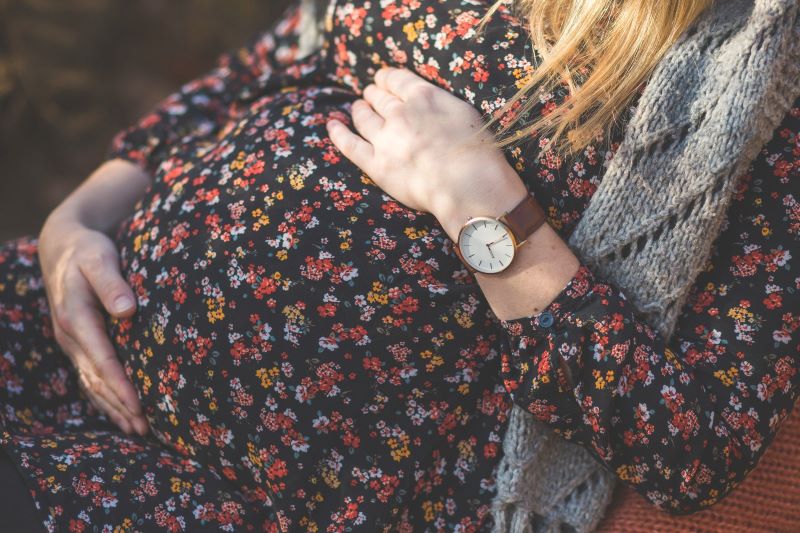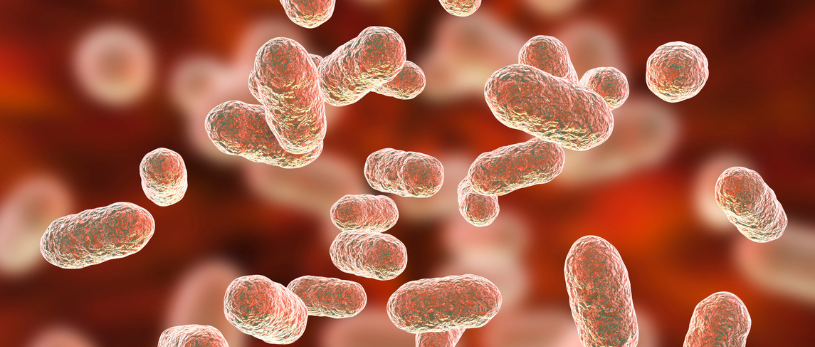Menopause is a natural and significant phase in a woman’s life. At Gravida, we understand the concerns and doubts that arise at this stage. Is it really possible to conceive during or after menopause? This article addresses this question, offering essential information and options available for those looking to become mothers during this life phase.
What is Menopause?
Menopause is defined as the cessation of menstruation and is confirmed after 12 consecutive months without a menstrual cycle. This process is a natural part of aging, which normally occurs between the ages of 45 and 55. During this period, known as perimenopause, women experience a decrease in the production of reproductive hormones, such as estrogen and progesterone, leading to a variety of physical and emotional symptoms, including menstrual irregularities, hot flashes, mood changes, and decreased sexual desire.
And early menopause?
Early menopause, also known as premature ovarian failure, occurs when a woman’s ovarian function ceases before the age of 40. This condition not only brings forward the typical symptoms of menopause, such as hot flashes, menstrual irregularities, and mood changes, but also poses significant challenges for fertility. Early menopause can be the result of genetic factors, autoimmune diseases, certain medical treatments such as chemotherapy or radiotherapy, and in many cases, the exact cause is unknown.
Fertility and Menopause:
Female fertility declines with age, and during perimenopause, irregular ovulation makes the chances of pregnancy decrease. On the other hand, women with early menopause face a premature decrease in the quantity and quality of their eggs, reducing their chances of conceiving naturally. However, until menopause has been confirmed, there is a small possibility of conceiving. At Gravida, we understand that every woman is unique, and our team of specialists is dedicated to providing personalized care to assess and discuss the possibilities of pregnancy during this period.
Risks and Considerations:
A pregnancy during perimenopause or after menopause carries additional risks. These can include a higher likelihood of complications such as pregnancy-induced hypertension, gestational diabetes, premature birth, and the need for cesarean section. At Gravida, we are committed to informing and preparing our patients for these risks and recommend careful medical monitoring and support throughout the pregnancy.
Options and Alternatives at Gravida:
1. Use of Own Eggs:
In young women with early menopause, we can explore the possibility of using their own eggs, if evaluations indicate they are still of good quality. This may involve ovarian stimulation treatments and assisted reproduction techniques such as IVF (In Vitro Fertilization).
2. IVF with Donated Eggs:
If the patient’s egg quality has significantly decreased or it is not possible to use their eggs, IVF with donated eggs becomes a viable option. At Gravida, we have a rigorously selected egg donation program to maximize the chances of success.
3. Embryo Reception:
The embryo reception, also known as embryo adoption, involves receiving frozen embryos from healthy parents who no longer wish to use them for their reproductive project and decide to donate them to other couples or women who may need them. These embryos are transferred to the patient’s uterus, offering a valuable and hopeful alternative to achieve pregnancy.

Menopause and motherhood are two aspects of a woman’s life that can intertwine in unexpected ways. At Gravida, we are here to support women who wish to be mothers during or after menopause. With an empathetic and science-based approach, we offer advice, treatment, and support to help our patients fulfill their dream of becoming mothers.
If you have any questions, you can contact us:
- Call us at 93 206 64 89
- Send us an email to internacional@gravidabcn.com
- Send us a form here




